All of our lessons and experiences conform to current PA Covid19 guidelines. We incorporate safe distancing, disinfection of equipment, face masks, and keep groups very small. We ask all participants to follow current mask and distancing guidelines.
Barakah Heritage Farm is the home base of East West Equestrian Arts. In partnership with East West, we are able to offer some unique horse experiences beyond basic horseback riding and trail rides, right here in Columbia County, Benton, Pennsylvania. East West Equestrian Arts follows the conscious horsemanship approach.
Horsemanship is the study of all skills related to horses, not just climbing aboard and heading out for a ride. A true horseman learns much more than simply riding. A true horseman learns the care of horses, riding, training, equipment use, and horse psychology.
Conscious horsemanship is horsemanship that follows similar rules as healthy human relationships.
- Both partners have the right to say “yes” “no” or “maybe” to requests.
- Both partners have the right to safe boundaries and personal space.
- Both partners respect that there are differences in culture and language, and work together to bridge that gap.
- Horses in conscious partnerships become willing partners and volunteers.
- Conscious horsemanship often develops into liberty work, bridleless riding and more.
(Read more about Conscious Horsemanship here.)
You can come and experience the very unique empathy of these teacher horses (and donkey) who have learned to trust that humans will treat them as the conscious beings they are.
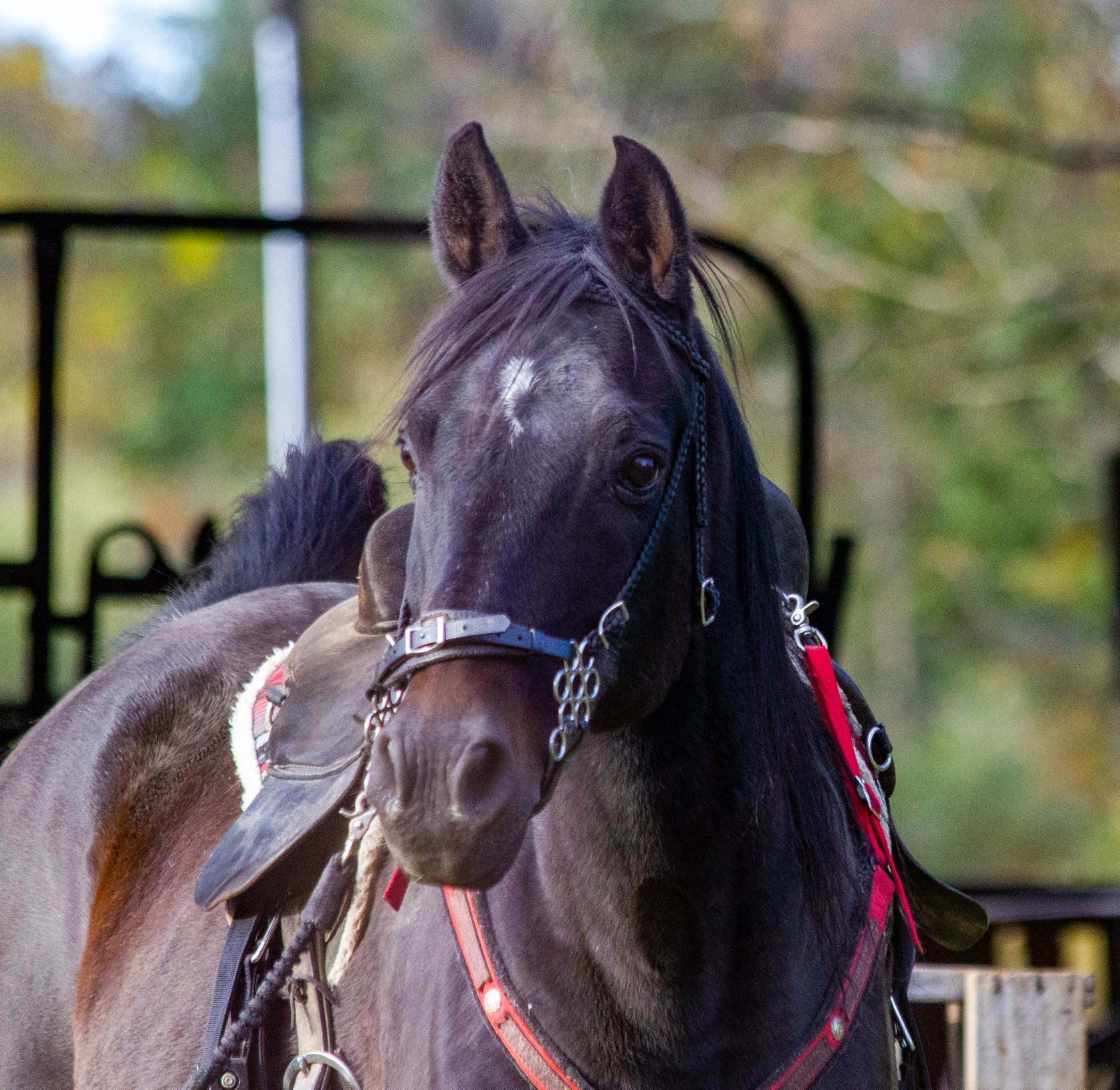 Horsemanship Lessons …
Horsemanship Lessons …
- Safe horse handling
- Horse etiquette. Body language, polite handling, boundaries and personal space and more!
- Horse care & wellness
- Fundamentals of universal riding skills (advanced students are referred to an outside instructor)
- Conscious Horsemanship
 |
We took classes here last autumn and really enjoyed the Conscious Horsemanship lessons:
The kids and the horse have the right to say “yes” “no” or “maybe” to requests. Learning to tune into this brought about a lot of important conversations; Body autonomy, safe boundaries and personal space are all excellent concepts for our children to understand and be able to request/respect. |
Class agenda is customized for each student’s personal goals
Ages 5 and up
Closed-toe low-heeled shoes mandatory. Helmets highly encouraged (please provide your own)
$35/hour
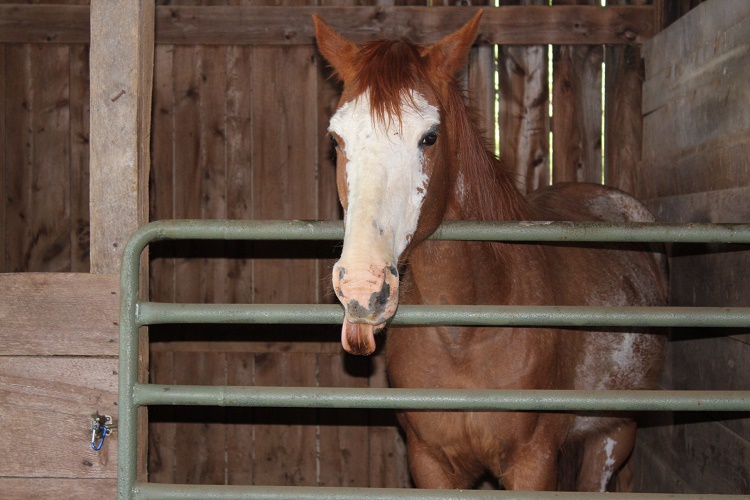 Unique Experience – Learn Horse Language
Unique Experience – Learn Horse Language
Learn how horses assess and communicate with humans, taught by the horses themselves. We have been offering this experience on AirBnB Travel since 2017 with 170 5-star experience reviews: “The horses were all friendly and came to greet us…Carrie doesn’t just put you on the horse and ride like most places. She will teach the guest about how to read the horse, proper communication with the horse, etc. -Kevin” “Carrie’s Farm was an amazing experience for my granddaughters as they live in a city. They interacted with beautiful horses… Carrie was communicative, helpful, friendly, and made us feel at home. -Anastasia” Your experience begins in the barn (please dress for the weather, expect manure/bugs/wildlife) with a short orientation and bathroom break (outhouse). You will by taught by one or more of the horses (their choice), hands-on, to experience communication. Be prepared for a potentially emotional experience. You cannot lie to a horse, and horses sense everything about your emotions. Guests are encouraged to take photos with the horses, and we are happy to assist. The experience ends with discussion and questions. Total experience time is 1 hour. Maximum of 4 adults. AirBnB Experiences are currently paused. Please book here instead. On sale now! Starts at $15/person!
 Unique Experience – Hiking With Horses
Unique Experience – Hiking With Horses
Take a guided hike of our breathtakingly beautiful farm with our horses. Your experience begins in the barn (please dress for the weather, expect manure/bugs/wildlife, moderate hill climbing) with a short orientation, basic instruction and bathroom break (outhouse). Then, we will pair you up with one of the horses (their choice). We will take a leisurely hike to the top of the ridge to enjoy the incredible views. On the way, I’ll answer questions about our rare horses and conscious horsemanship program. Once at the top, we will relax for 15 minutes or so while guests take photos with the horses, and we are happy to assist. We will then hike back down by a different route. The experience ends in the barn to say goodbye to our hiking partners. Total experience time is 1 hour. Maximum of 4 adults. AirBnB Experiences are currently paused. Please book here instead. On sale now! Starts at $15/person!
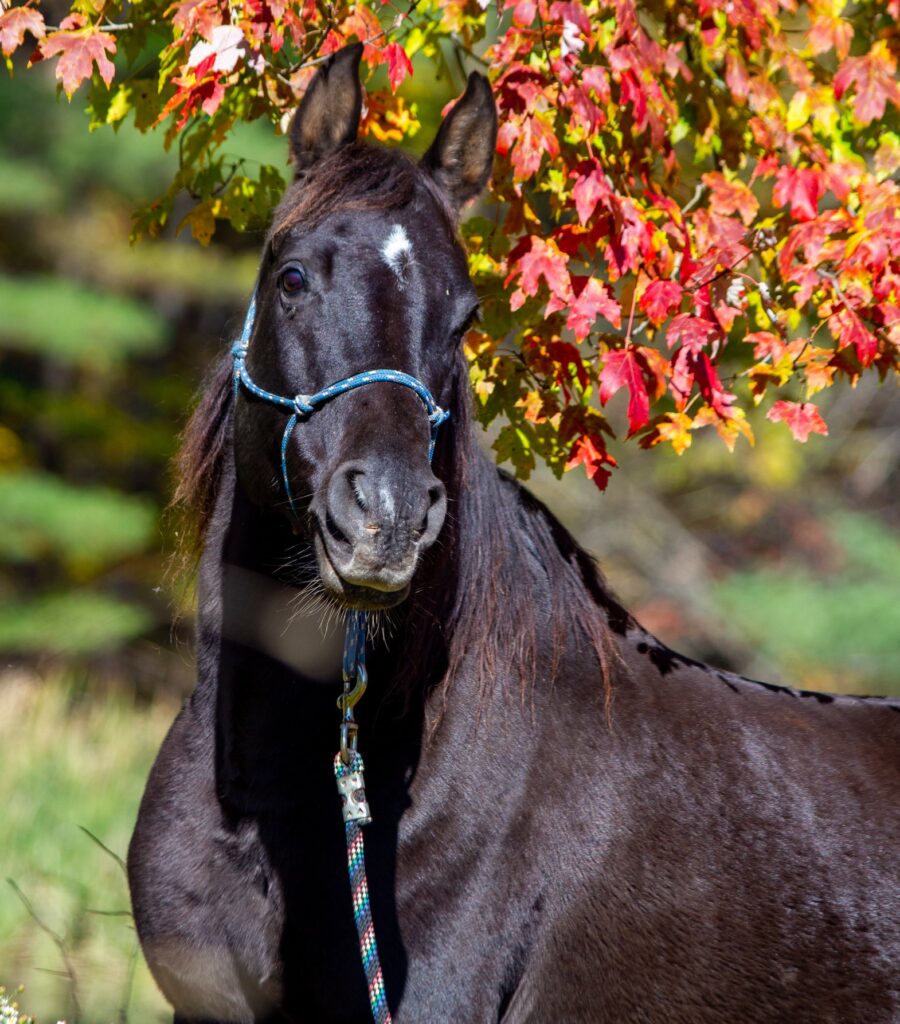 Exclusive Experience – Meet The Rare Jilfan Malabar Arabian Horses
Exclusive Experience – Meet The Rare Jilfan Malabar Arabian Horses
Meet rare Malabar Jilfan Arabian horses. You cannot find this experience anywhere else in the world. We are the only Malabar Jilfan farm, and only 200 Malabars and a few Jilfan exist globally. We have been offering this experience since 2017 on AirBnB Travel with 170 5-star experience reviews: “Definitely don’t miss the morning farm tour! Learning about the horses and their stories may have been the highlight of our stay. -CJ” “This was an amazing experience and I cannot wait to return! Carrie is very kind, patient and knowledgeable. -Christine” Your experience begins in the barn (please dress for the weather, expect manure/bugs/wildlife, moderate hill climbing) with a short orientation and bathroom break (outhouse). Carrie then tells the Malabar/Jilfan story and about rare breed preservation. If the horses have not already joined us, we then go meet them in the field. The horses are very curious about visitors, and have offered hugs, lessons in communication, and requested petting or scratching the spots they cannot reach. Guests are encouraged to take photos with the horses, and we are happy to assist. The experience ends in the barn for discussion. Everyone has walked away from the experience touched by the beauty, extreme empathy and intelligence of these beings. Total experience time is 1 hour. AirBnB Experiences are currently paused. Please book here instead. On sale now! Starts at $10/person!
Hours/Times:
8 am to 7 pm Saturday through Thursday (closed daily 12 noon until 4 pm and closed Fridays)
Also, please check out our Family Farmstay Weekends and our Horse Hero program.
Meet our 4-legged teaching team…
The team includes some of our rare
Arabian horses plus our two American Quarter Horse mares, a Polish Arabian gelding, a pony, a Paint mare and our donkey Jasmine. All came to East West for rehabilitation and stayed to become part of the teaching team.
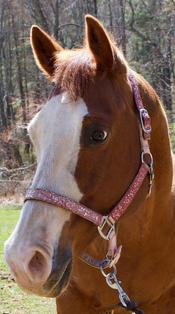 |
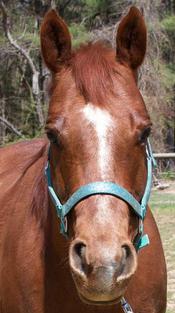 |
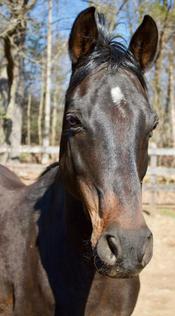 |
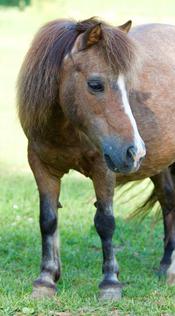 |
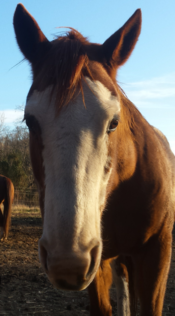 |
Miss Doc Alena
American Quarter Horse
|
Bos Salty Shiner
American Quarter Horse
Note: Salty cannot be ridden
|
To Catcha Thief
Polish Arabian
|
|
Frostalitos Ricka Sue
American Paint Horse
|
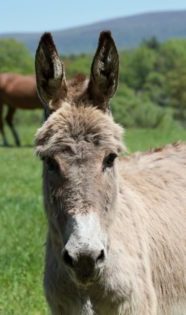 |
 |
 |
donkey
Note: Jasmine cannot be ridden
|
Bahiya Mizan
Malabar Jilfan Sitam al Bulad Arabian
|
Safin n Niya
Malabar Jilfan Sitam al Bulad Arabian
Note: Niya cannot be ridden yet, as she is in training
|
About your human moderator, Carrie Eastman:
Carrie Eastman was drawn to animals and healing at a very young age, when a family friend shared her knowledge of Reiki, Touch for Health, and nutrition. From the time she could toddle, Eastman thought all kids got muscled tested, supplemented, and taken to the chiropractor for injuries. She carried crystals home in her lunch box, spent hours in the woods, helped her dad garden, and had a variety of pets, from dogs and cats to fish, guinea pigs, rabbits, and snakes. She started riding horses during elementary school, learning hunt seat and training-level dressage at Connecticut’s New Canaan Mounted Troop and Ox Ridge Hunt Club. In high school she drifted away from her Eastern medicine roots and embraced the more conventional Western medicine approaches to animal health, while staying Eastern herself. Losing her horse Buck to a horrible colic nudged her back toward the Eastern medicine path for her animals.
Carrie graduated from Penn State in 1990 with an honors B.S. in wildlife science and additional focused coursework in horse production and crop and soil sciences. In the early 1990s her horse Poco developed navicular disease, ringbone, and arthritis at the age of twelve, and he was put out to pasture for full retirement. In desperation she turned to homeopathy and nutrition, and two years later Poco was again happy and healthy. Poco then gave her a wonderful case of whiplash during a trail ride, which led her to a chiropractor that practiced bio energy work, who in turn led her to Dr. Regan Golob. Dr. Golob developed the Bio-Energy Analysis Technique, which combines acupressure, craniosacral therapies, chiropractic, reflex points, applied kinesiology, Bio Energetic Synchronization Technique, defense physiology, and other modalities into a powerful system that frees the body to heal itself. Carrie apprenticed under Golob and became a student of TTEAM and TTouch, while also getting her Level I Centered Riding certification.
Her horsemanship mentors and teachers include Ward Studebaker, Centered Riding® Instructors Saundra Cabell and Robin Brueckman, Tom and Martha Shires (Canadian Olympic Equestrian Team), TTEAM® Instructors Copper Love and Debbie Potts, Kim Walnes and her stallion Gideon, and Tanya Bevilacqua of Mindfully Mounted and Fit. Her best teachers have been the horses themselves.
Email or call 570.285.5242 to schedule your activity
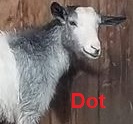

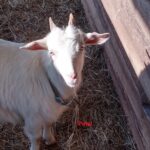
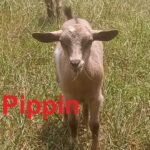
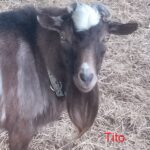


 So here we are in Winnsboro, South Carolina, neck deep in the farm restart.
So here we are in Winnsboro, South Carolina, neck deep in the farm restart.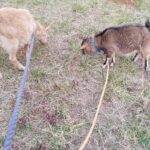

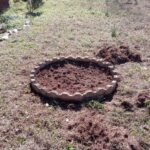
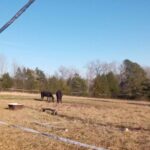
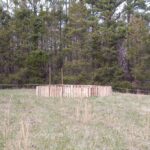 Over at the 250 acre farm, everything happened and is happening in stages. The first step was basic shelter and containment, so wire mesh fencing beefed up with electric to hold goats and horses both. Stalls were cleaned out, repaired and set up. Once everyone had shelter and fencing that worked with or without power, then the bigger fencing projects and reopening the money-earning tours could start. Horses looked like the quickest win, so a tour pen and then riding area came first, followed by the first of the rotation grazing areas and the runway, in a layout that meshes with the current land uses. As I add each rotation, I’m also extending the perimeter to capture more land and eventually should have about 15 acres fenced for rotation and runways. I’m reusing a lot of the fence equipment that traveled with us, and taking the best of what worked before. T-posts and tape fencing for the perimeters, narrow tape and step ins for the rotations, and a very powerful DC energizer to keep the deer off the fences and the horses in.
Over at the 250 acre farm, everything happened and is happening in stages. The first step was basic shelter and containment, so wire mesh fencing beefed up with electric to hold goats and horses both. Stalls were cleaned out, repaired and set up. Once everyone had shelter and fencing that worked with or without power, then the bigger fencing projects and reopening the money-earning tours could start. Horses looked like the quickest win, so a tour pen and then riding area came first, followed by the first of the rotation grazing areas and the runway, in a layout that meshes with the current land uses. As I add each rotation, I’m also extending the perimeter to capture more land and eventually should have about 15 acres fenced for rotation and runways. I’m reusing a lot of the fence equipment that traveled with us, and taking the best of what worked before. T-posts and tape fencing for the perimeters, narrow tape and step ins for the rotations, and a very powerful DC energizer to keep the deer off the fences and the horses in.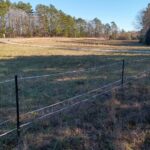
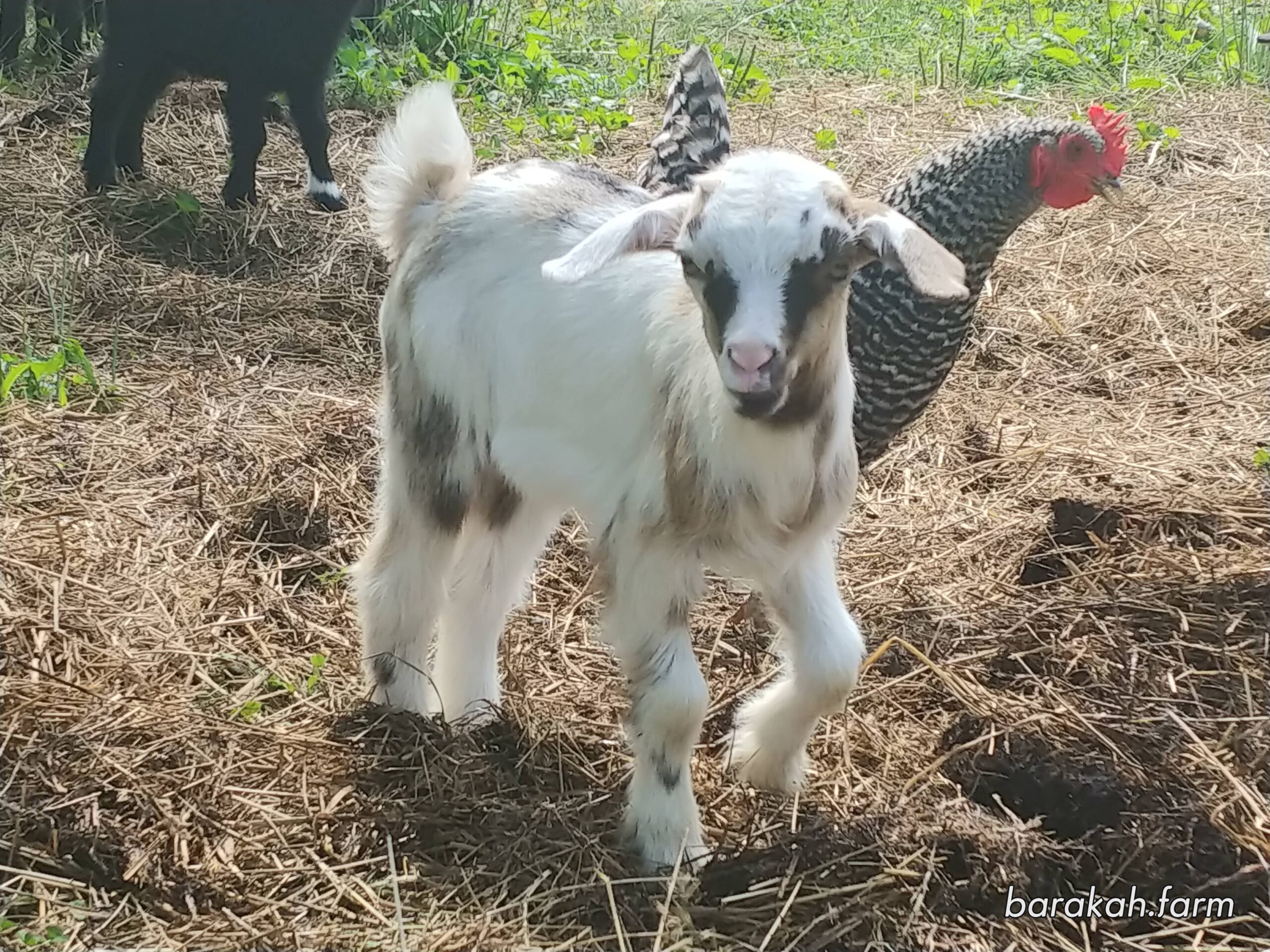







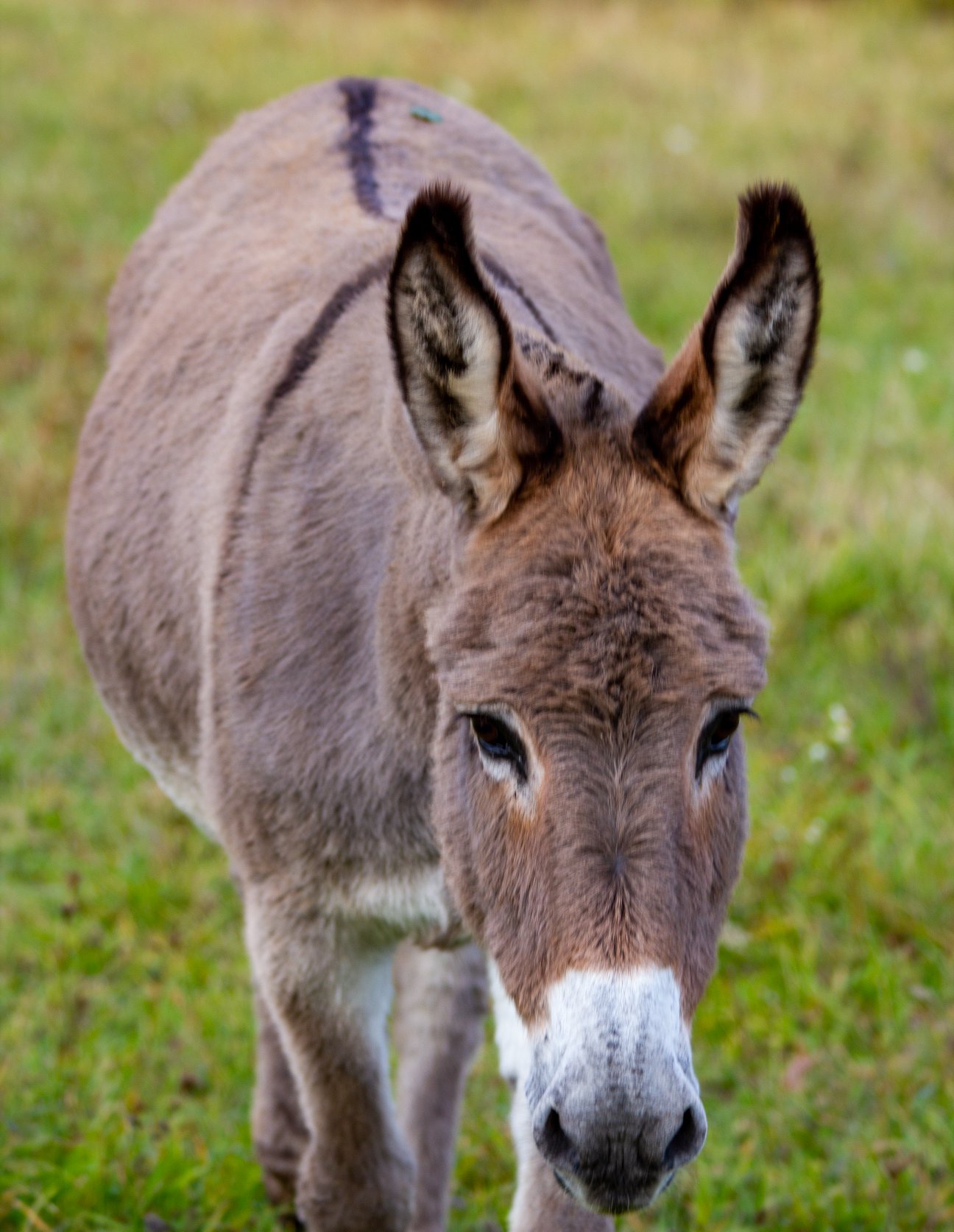
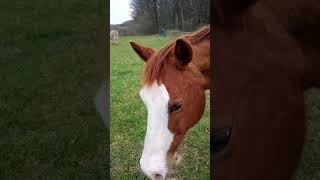
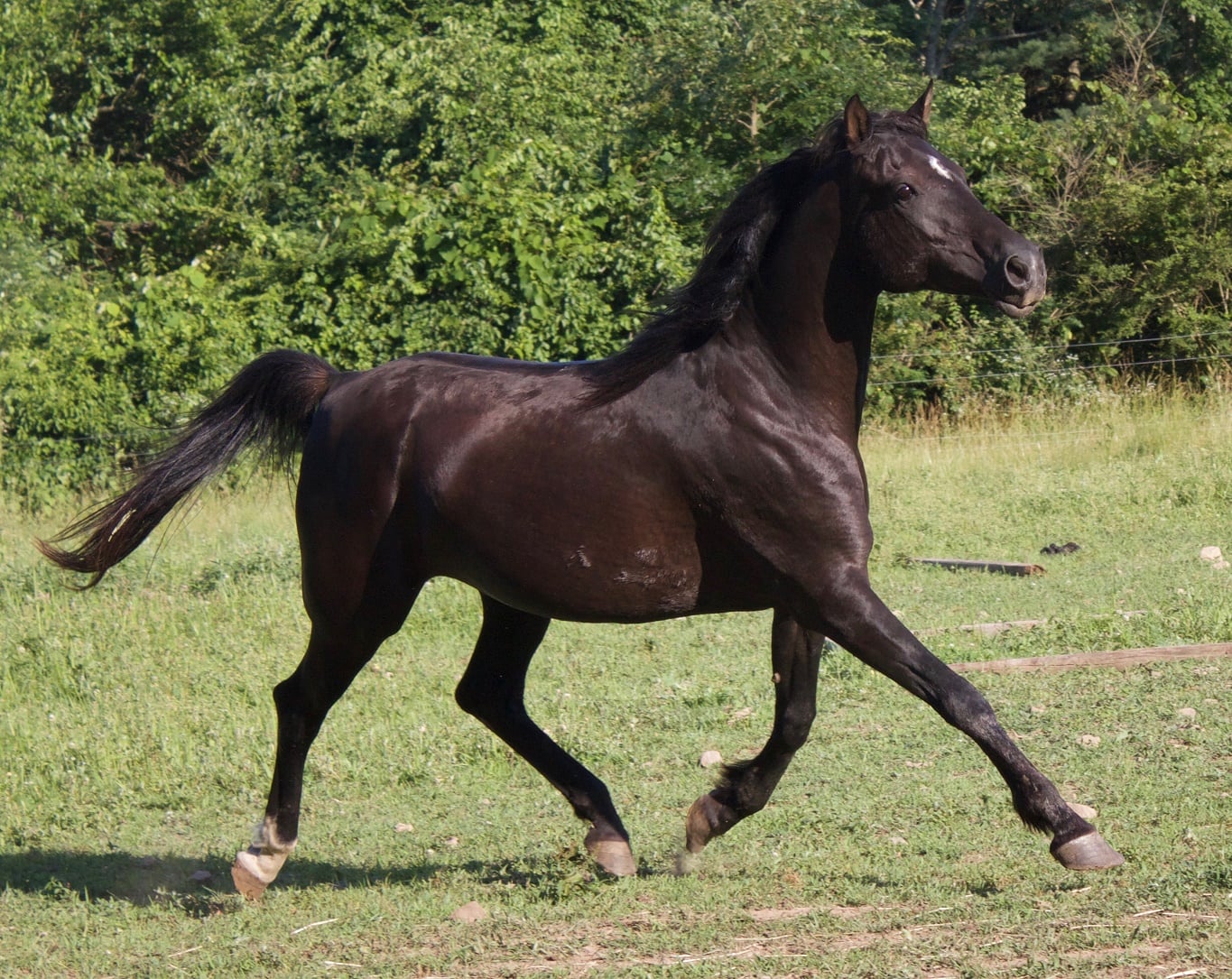
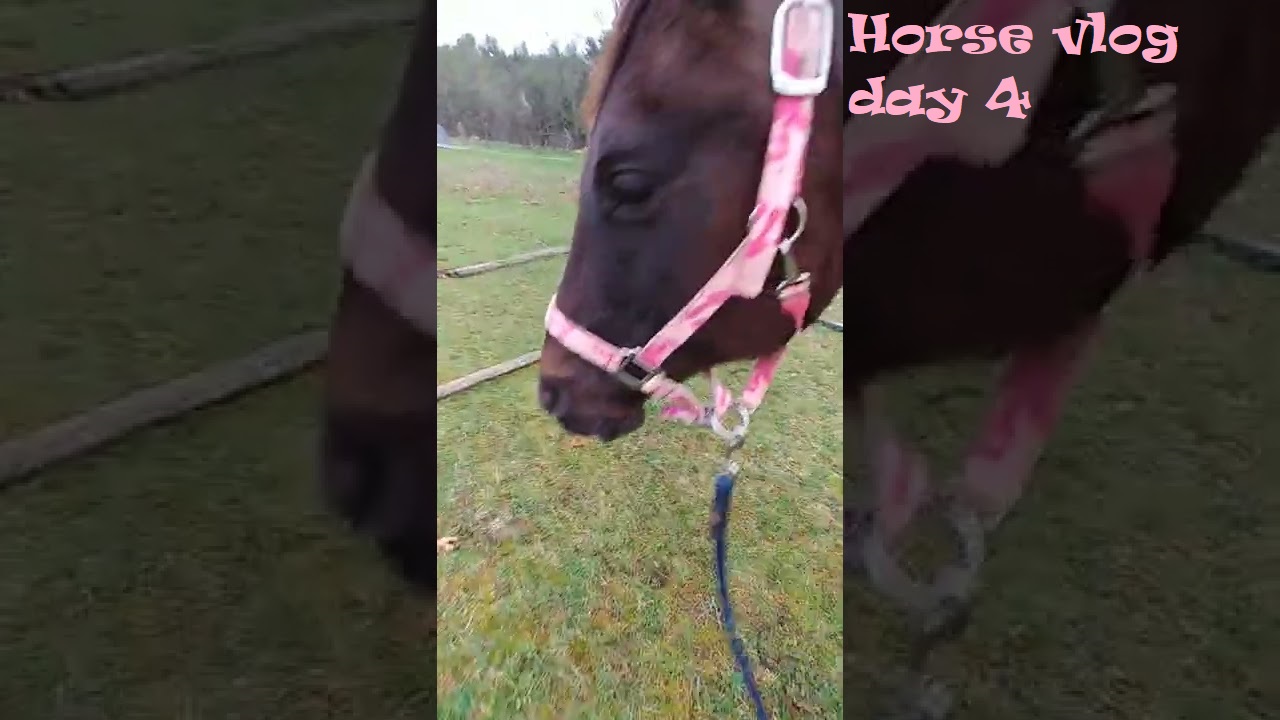
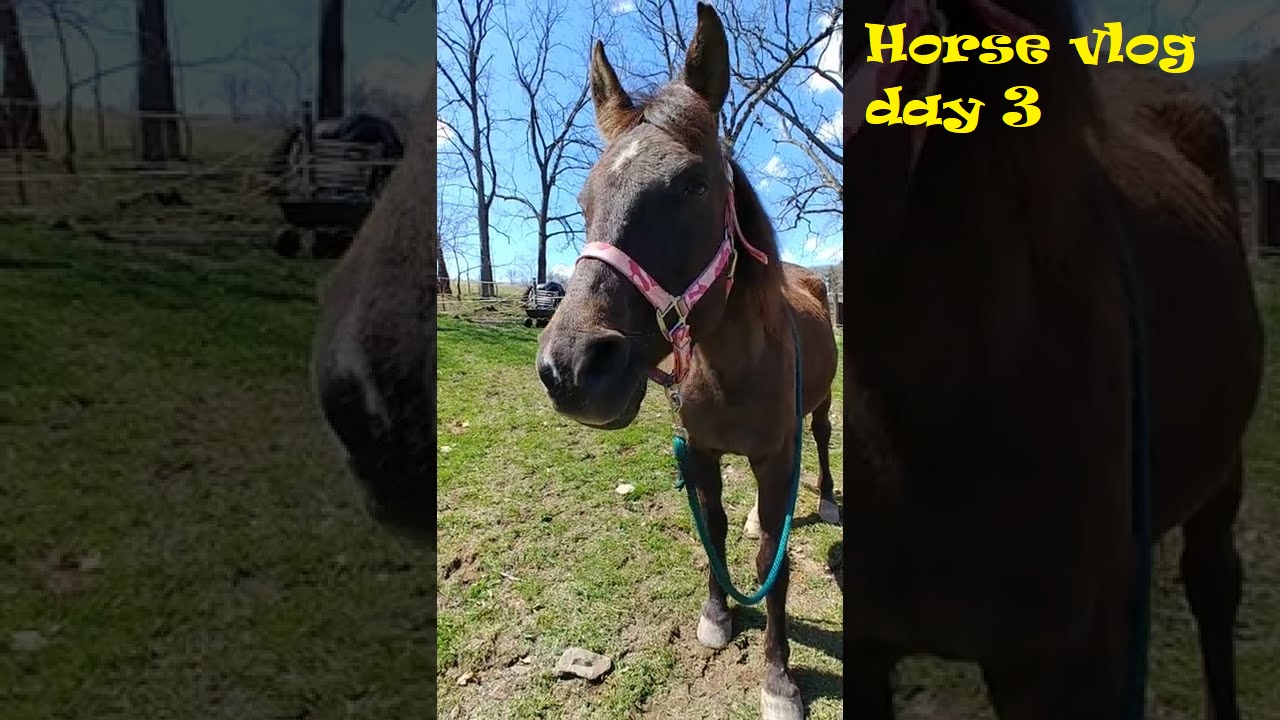
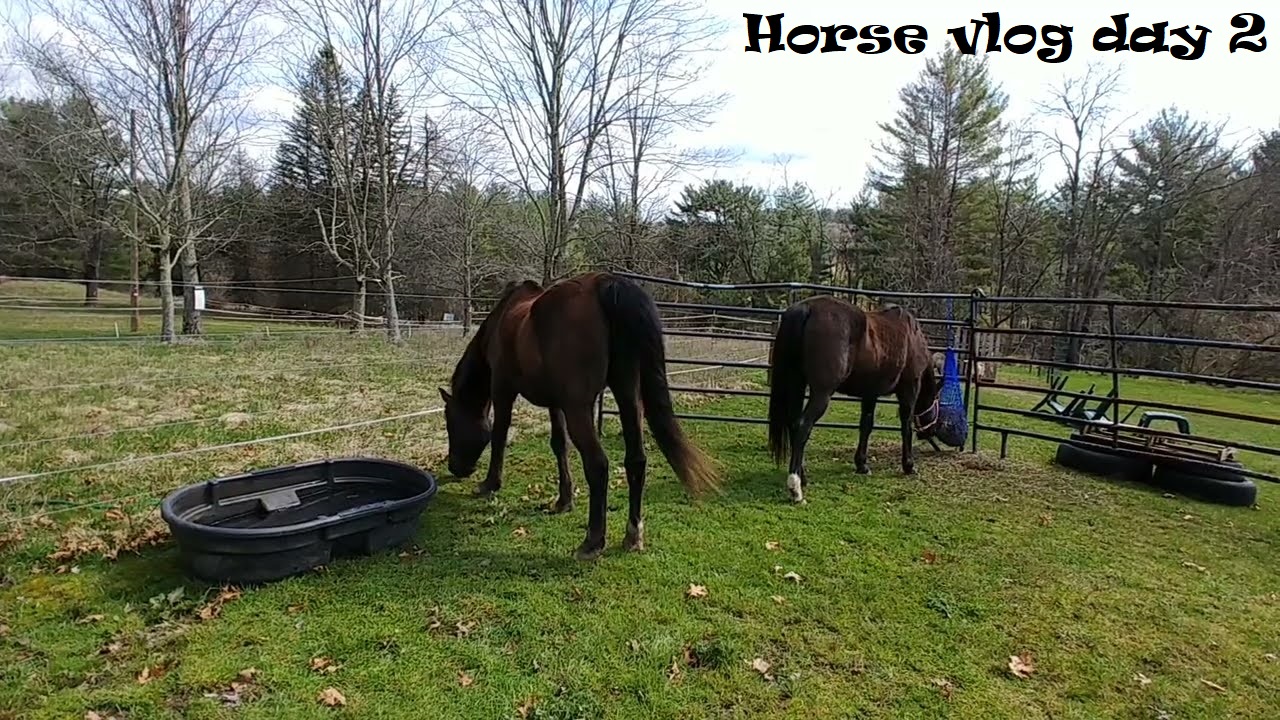
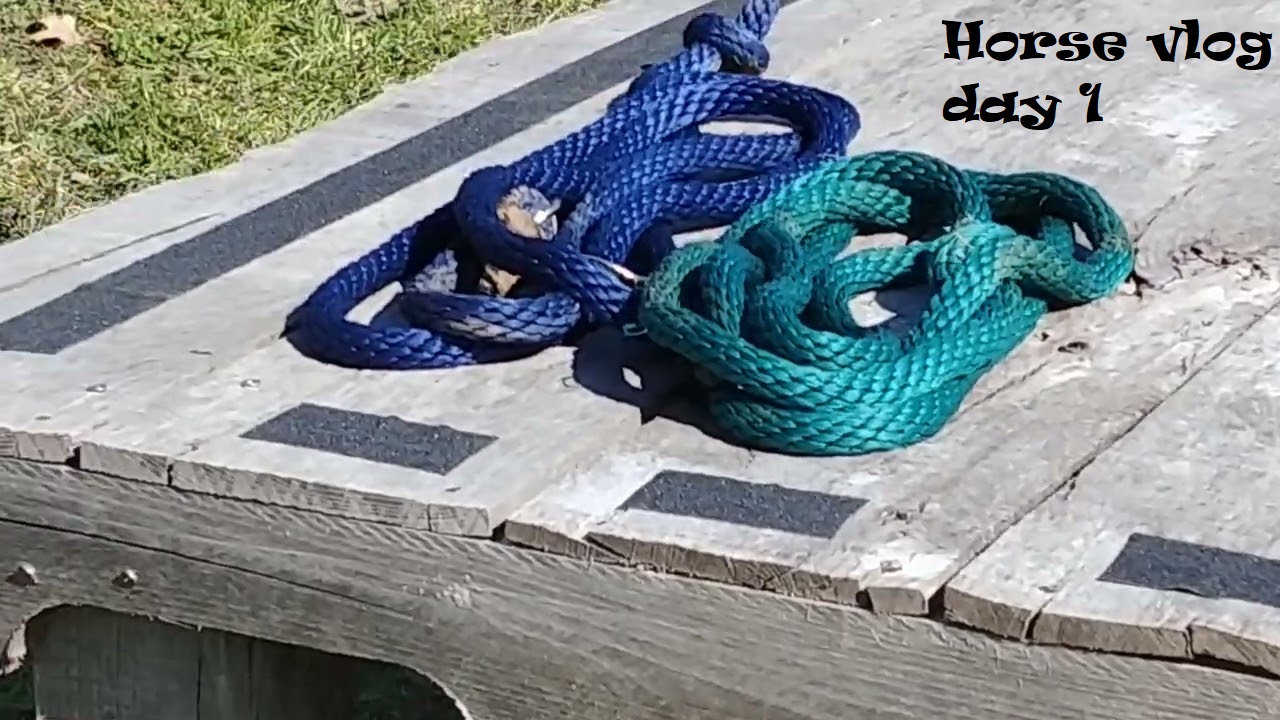
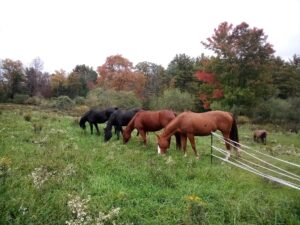


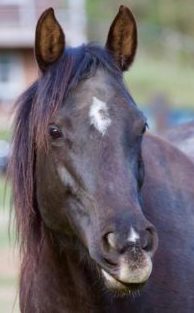
 Horsemanship Lessons …
Horsemanship Lessons …
 Unique Experience – Learn Horse Language
Unique Experience – Learn Horse Language Unique Experience – Hiking With Horses
Unique Experience – Hiking With Horses Exclusive Experience – Meet The Rare Jilfan Malabar Arabian Horses
Exclusive Experience – Meet The Rare Jilfan Malabar Arabian Horses







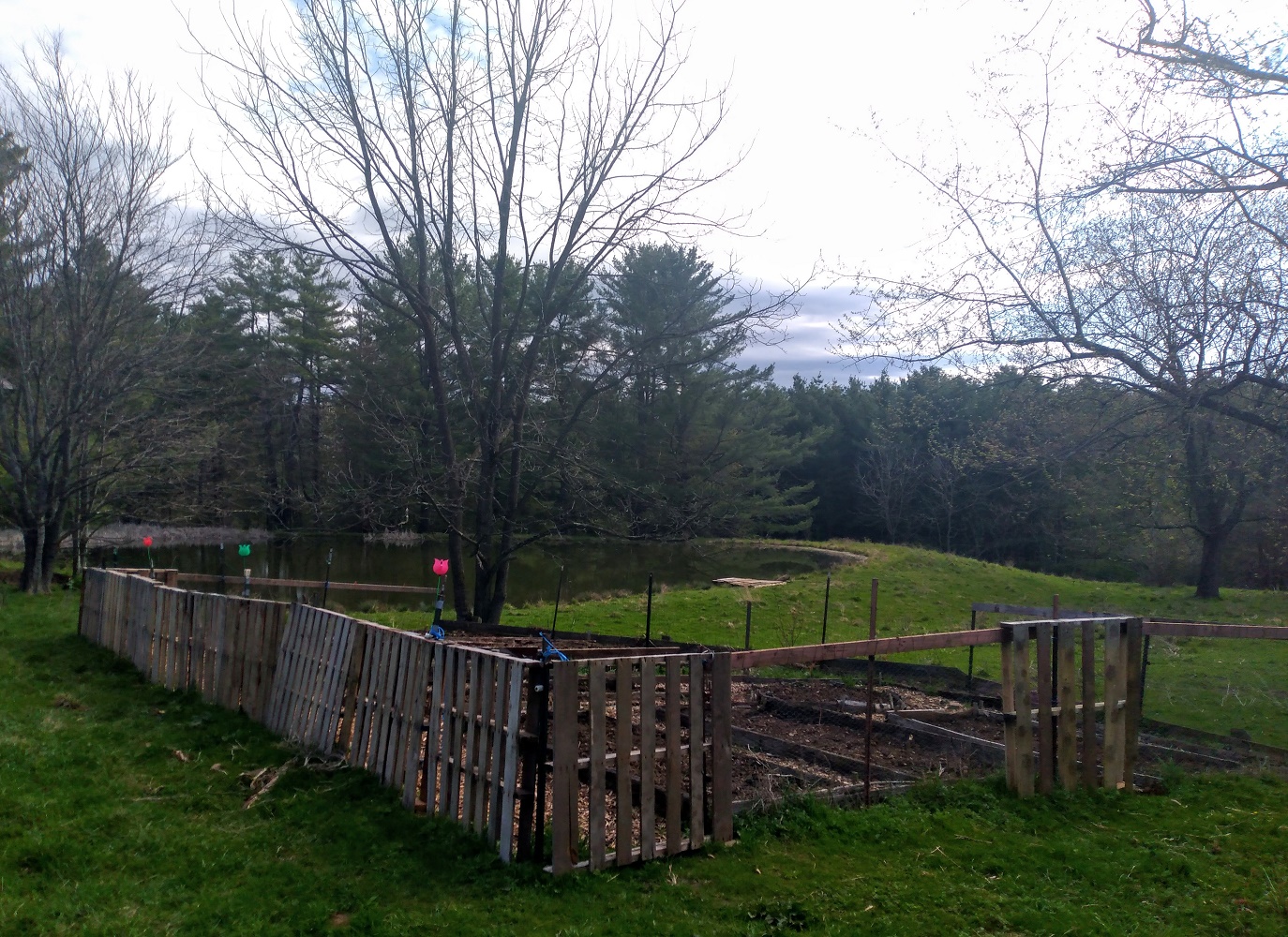






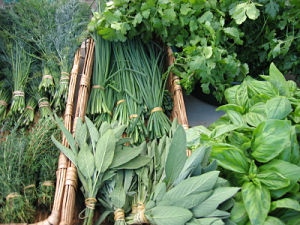 Barakah Heritage Farm hosts a fair number of visitors each year via our horse programs, the campsites and glamping loft and the goat experience. As the area in front of the main barn is just a big plain yard, we were looking for something to add some curb appeal and possibly trigger some impulse buys to add to the farm income. In previous seasons, guests have admired the vegetable garden, and we often gifted folks with some excess produce to take home. So we thought perhaps some type of garden product could dress up the yard and generate some income.
Barakah Heritage Farm hosts a fair number of visitors each year via our horse programs, the campsites and glamping loft and the goat experience. As the area in front of the main barn is just a big plain yard, we were looking for something to add some curb appeal and possibly trigger some impulse buys to add to the farm income. In previous seasons, guests have admired the vegetable garden, and we often gifted folks with some excess produce to take home. So we thought perhaps some type of garden product could dress up the yard and generate some income.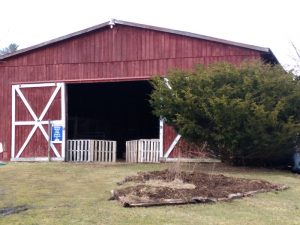 Below are some additional links we found useful:
Below are some additional links we found useful:


















